5 things to know before building a home in the country
By Editorial Team
Updated on December 5, 2025
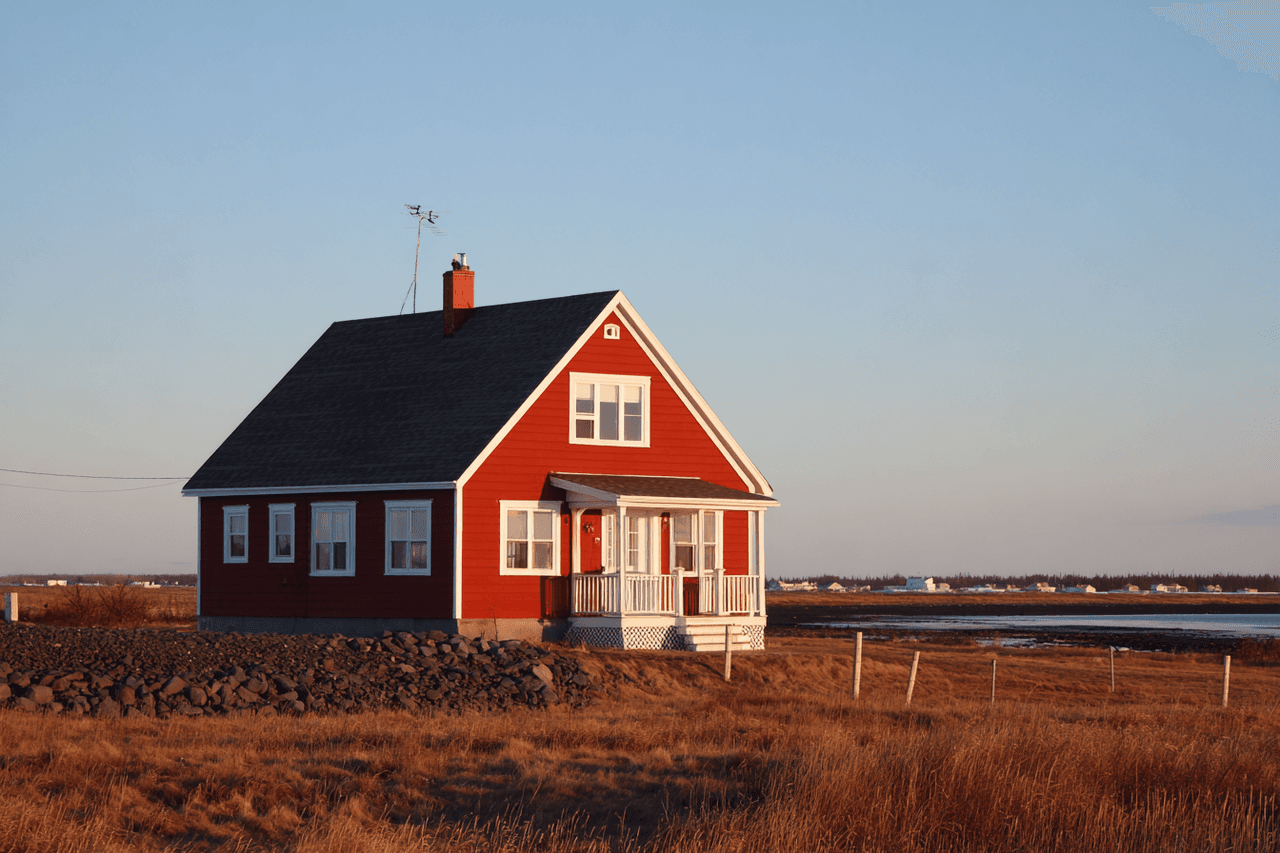
Planning and building a brand new home from the ground up is always an exciting venture. Of course, each home-build project is unique and will follow a specific set of rules and regulations. Where you build your home will dictate many of these regulations, as urban homes will have different needs than those constructed in rural areas.
Get Your Project Started Today
Submit your details and receive three free quotes from trusted contractors.
A country home is the dream of many but building in a small town or rural area will have its challenges. Thus, if you’re one of the lucky ones with the drive and income to complete this project, you’ll need to start considering the specifics.
Since navigating this journey isn’t the easiest alone, we’ve taken the time to put together some tips and considerations for building a home in the country.
Building a house in the country: 5 things to know
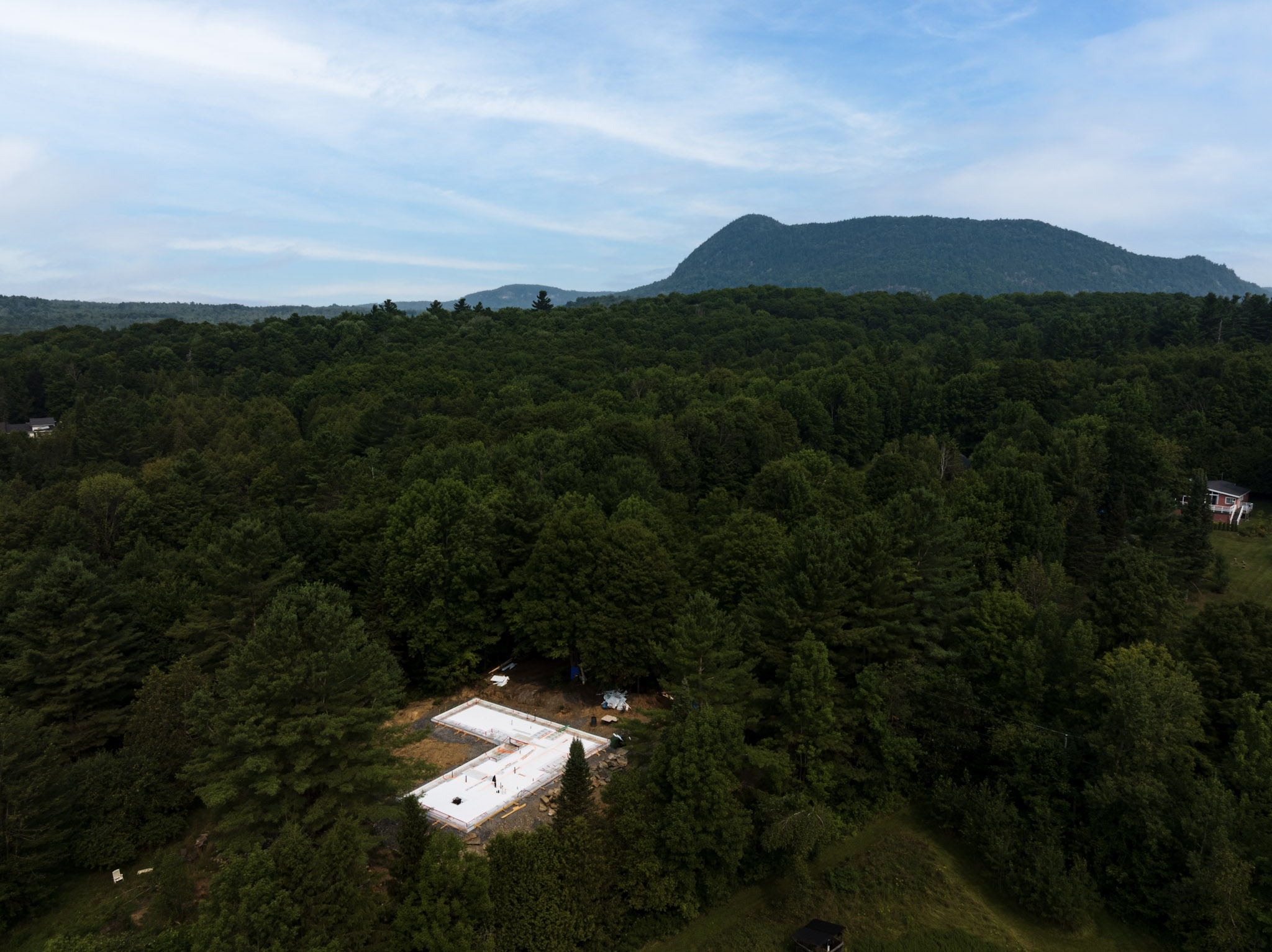
Source : Potton
1- Water accessibility
When building a new home in an urban environment, the source from which your water will come from is rarely a concern. However, when it comes to constructing a new home in a rural environment, this should be your initial concern. This is because most country properties do not come equipped with an in-ground water system and in some cases, no access to a septic tank.
Thus, if you’re in the land purchasing stages of your home building project, it’s crucial to ask about water accessibility as well as flow rate so you’ll understand the measures necessary when moving forward with plumbing installation.
Do bear in mind that some properties or areas won’t allow for land development that includes access to water. For this reason, do plenty of research and work with developers when it comes to choosing a property and planning out water accessibility strategies. In many remote areas, water will need to be trucked-in, which can be both expensive and unreliable.
2- Hooking your home up to utilities
Once you’ve determined how you’ll source and gain access to clean water, you’ll need to think about some additional common practicalities that may be overlooked with building a home in a city or urban environment. Utilities including electricity and a septic tank are major considerations when building a home in a rural environment.
A common concern when building in the country is the water table of the property you choose, this is because certain soil grades are not able to absorb the liquids produced by a household. Depending on the soil grade, you may be required to build a specific type of septic tank, such as a mound septic system, as this will work to protect the environment.
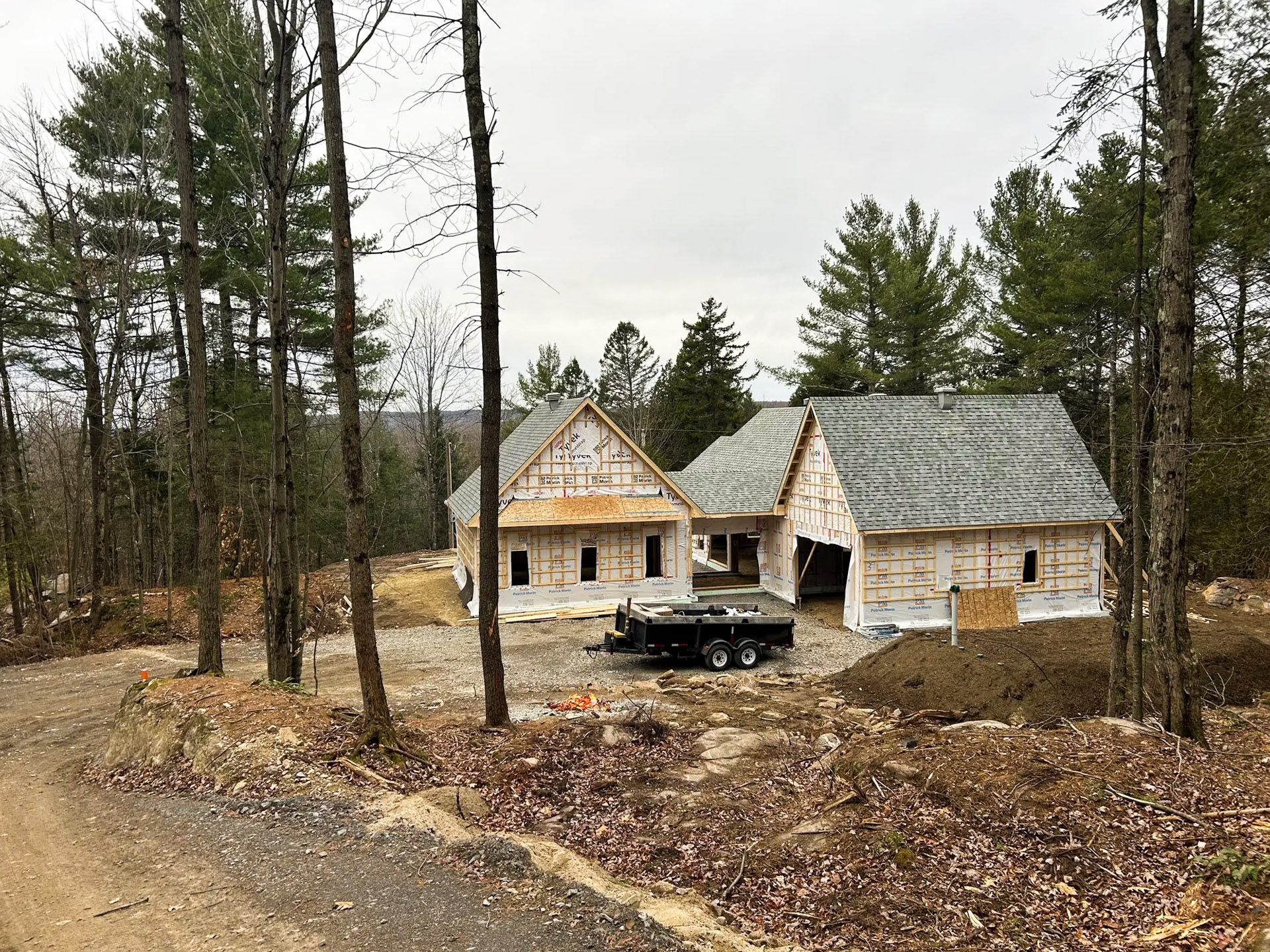
Source : Toitures rénoKNS Inc.
3- Zoning considerations in the countryside
Regardless of whether you’re constructing a home in the country or city, zoning is a crucial part of scouting land and determining what can be done. Although zoning laws in a city may be fairly straightforward, when it comes to rural areas, they can be blurry.
This is why we’d suggest getting in touch with the local development committee and meeting with a land planner. A planner will know exactly what can be done and on which land, and can offer insight into the permits you’ll need to apply for to begin building.
Not only this but in some cases, a local planner will offer advice on or allow for the submission of plans and permits that are special exceptions to the local codes in place. Thus, if you’re looking at a plot that has strict rules and regulations, working with a planner may offer a loophole.
Some common zoning laws you might come up against are restrictions on the size and height of the property, as well as how close you’re allowed to build concerning natural resources.
4- Where can you build your home?
Even once you’ve found your perfect plot and began applying for permits to build your home, you’ll need to consider where you can build on your plot in relation to how to adhere to local building codes and standards. Even if you’ve been given the green light to build on your land, planning regulations will continue to determine what you can do with the property grading and earth displacement.
The soil stability and slope are crucial to your foundation and its placement. If you’re working with a large budget, we’d suggest working with an architect, as this will allow you to avoid any structural issues in the future.
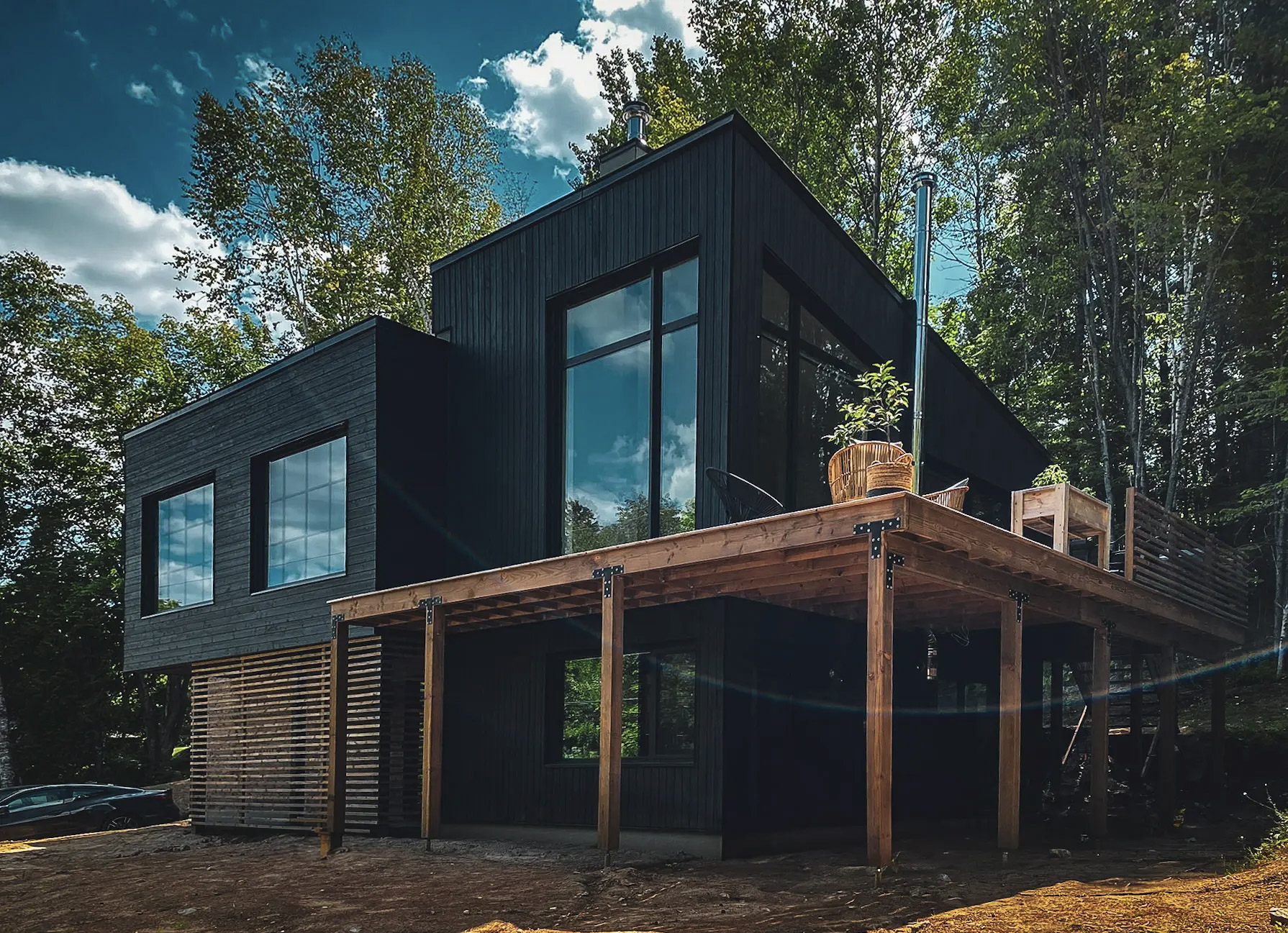
Source : GUERTI
5- Budget
It’s likely you’re already aware that building a home in the country is an expensive prospect. Generally, buying a rural plot of land will be a large cost upfront. On top of this, you’ll have to think about the budget involved in constructing a house from the ground up which may need the integration of a water and septic system, electrical system and so forth.
As we’ve tried to communicate throughout this article, the size budget you set aside for a project of this scale will come down to the location, the size of your home, and the amenities needed. Many homeowners, especially those without experience in the realm of renovation, will want to work with a contractor and team on this project.
Since there are many aspects to cover, it’s important to consider having a team of people on your side who you can trust. Don’t overestimate your own skills and make sure not to overlook this part of the project.
If you're looking for ways to save money on this project, consider checking out our articles on the subject:
Looking for something else?
Related articles
The latest industry news, interviews, technologies, and resources.

Editorial Team
•08 Nov 2023
Buying an above-ground pool means enjoying the best of what the summer season has to offer, and that, on a daily basis. Although such an installation has many advantages, it may seem challenging at first to set up and blend in with your current landscape. However, with a little planning and the right material selection, you can create a design that'll complement your overall décor. As such, your pool is sure to please all generations for years to come.
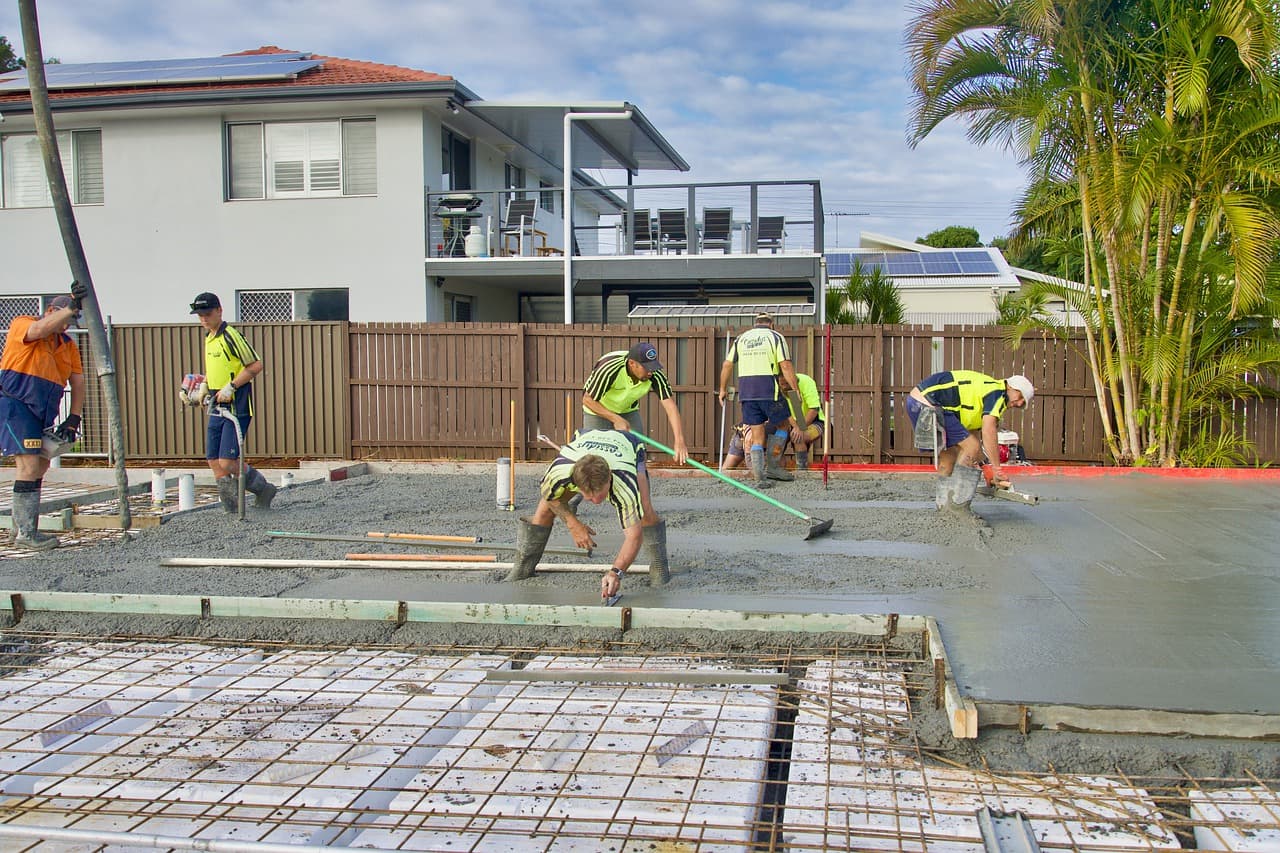
Editorial Team
•08 Nov 2023
Your home is an investment and an expensive and important one at that. Of course, signs of damage to any piece of your house would be concerning.

Editorial Team
•28 Jan 2026
As the demand for energy-efficient climate control grows across Quebec, many homeowners are turning to heat pumps as a reliable year-round solution. Among the top contenders, Fujitsu heat pumps stand out for their exceptional performance, durability, and advanced features. Whether you live in a cottage in Estrie or a bungalow in Laval, understanding how to compare Fujitsu models will help you make a sound investment in 2026.

Editorial Team
•27 Jan 2026
With the rising summer temperatures typical of Quebec’s climate, having a reliable air conditioning system has become almost essential to keep your entire home comfortable. But how much does an air conditioner really cost? Which model should you choose—portable, wall-mounted, or central? And most importantly, what factors influence the price of an air conditioning system?

Editorial Team
•08 Aug 2025
In early 2023, new regulations regarding construction site-related affairs came into effect. Among these new rules, one specifically highlights workers' accountability, or more precisely, their active involvement in improving worksite health and safety. In fact, when a worksite is to welcome over 20 labourers simultaneously, at one point or another, the principal contractor must, on top of putting together a prevention plan, form a construction committee as soon as work is set to begin.